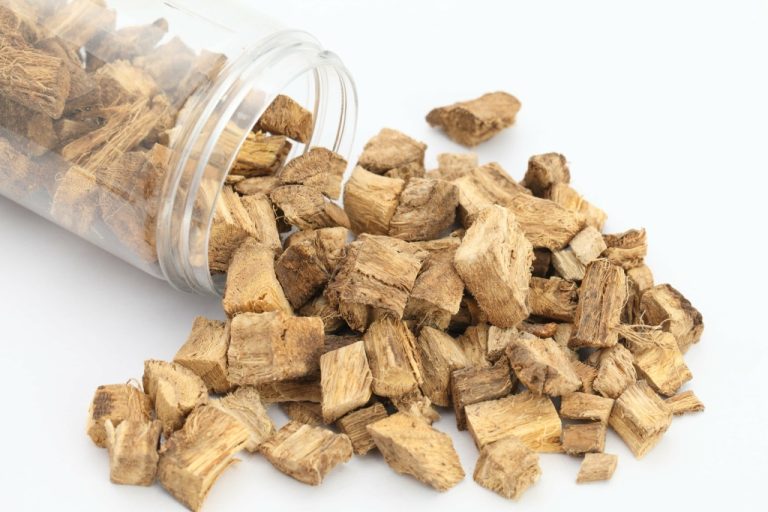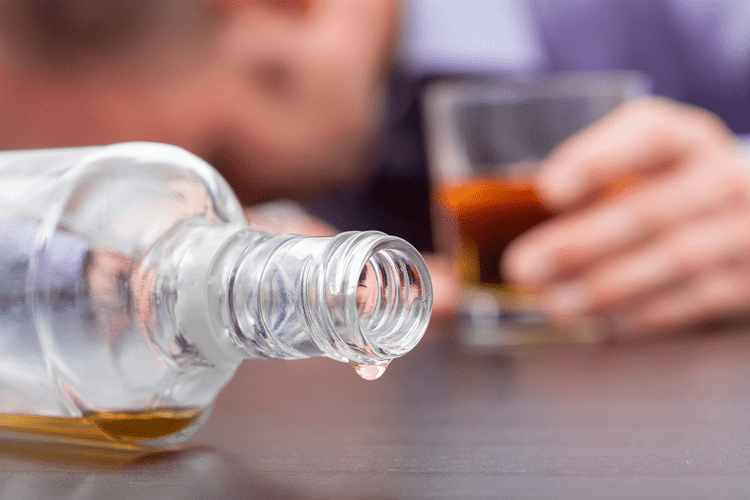When carrying on with sobriety milestones after dependence, your general wellbeing improves tremendously. This is because you’re done assaulting your body by placing perilous measures of harmful substances in it. My biggest fears in life include being in large groups of strange people, standing at parties by myself, and really just people in general.
- With a decade of experience in the behavioral healthcare and addiction treatment industry, McCarthy is passionate about recovery.
- I have never been the type of person to make a big deal about resolutions.
- My better half left me, my children wouldn’t converse with me, and I had no companions I could converse with.
- In addition, his expertise includes workforce planning, growth revenue, high client and investor satisfaction.
What Percentage of Alcoholics Relapse?
Drunk me didn’t have to worry if I was alone at a party because drunk me didn’t abide http://forallages.ru/games/?id=3689 such things. Drunk me didn’t worry if she belonged, or said the right thing, or had to have small talk because drunk me just handled that. So if all of your friends drink alongside you, then there’s no issue, right? Well, there’s a concept in psychology known as “confirmation bias,” and it means that we often look for evidence to support something that we already believe to be true. Before I quit drinking, I had already spent years thinking about what it would be like to get sober. I had built up sobriety in my head as the solution to all of my problems.
- That is by far the worst stage and I can’t tell you how long that lasts.
- In her role at Amatus, Atias leads and manages interdisciplinary team projects, creates solutions for any operational gaps, and continually strives for quality improvement in all processes.
- The most difficult part of the process of quitting drinking is getting from the point where you realize your drinking is problematic and that you need to quit, to where you actually quit and accept that you are done.
- He oversees the people, processes, and technologies of the whole organization to ensure the business is running smoothly.
- Many who decide to take the medication or take it out have taken the first move in the path, but they will work for years until they truly feel as if they’re here.
What Are the Legal Consequences of Alcohol Abuse?
Dr. Cusner is completing a book on organizational psychology in the healthcare field, which is expected to be published late early summer 2022. Anyone in my life knows how important sobriety is to me. Not just in prioritizing my recovery—which is also important—but in feeling thankful for it every day. All of those https://www.gew3.org/Recovery/qumo-restoration-of-memory-map things can be true—and I can still acknowledge that I struggle with some of the same things even after years in recovery. When I was in active addiction, difficult emotions felt impossible to handle. Being five years sober, very little seems unmanageable—even if it’s really hard.
Anne has said it’s not a “moralistic stance.”
I don’t feel threatened by it like I might have before; I feel more settled in the knowledge of how far I’ve come. The first few years of sobriety, I saw rapid transformation. During about years two and three, I frequently acknowledged that growth. I needed to feel proud; having spent many years in active addiction, I had rarely felt proud of something so big and sustained.
Alcohol addictionexperts have long been aware thatstress increases the riskof alcohol relapse. One of the reasons for this is that stress can increase the risk of low mood and anxiety, which in turn arelinkedto alcohol cravings. The longer an alcoholic stays sober, the better their chances are for long-term sobriety. Overall, among people https://dmoon.ru/obzor418.shtml sober for five years, the chances of relapsing are less than 15%, according to Psychology Today.

Ready to Break Free From Addiction?

This means stress can lead to cravings, which can lead to a relapse. The longer you abstain from alcohol, the better your chances of success. The key is to understand alcohol relapse statistics, know your triggers, and constantly work on ways to avoid a relapse.
- There were definitely times in the past where feeling tipsy felt like that social lubrication I needed to take part in conversations I didn’t have to endure and make it through other slightly unappealing situations.
- In fact, I think one of the most important lessons that I’ve learned that the early days of sobriety aren’t a good representation of what long-term sobriety is actually like.
- As VP of Business Development, McCarthy leads a team of over 20 business development professionals nationwide.
Alcohol Relapse Rates & Statistics
As with anything, the more you work at it and the longer you work, the better you’ll be at avoiding a potential relapse. The percentage of alcoholics who recover and stay sober is about 35.9 percent, or about one-third, according to the National Institute on Alcohol Abuse and Alcoholism. Relapse is a common stumbling block during the recovery process and does not mean that you should give up on becoming sober. Mark has been instrumental in building healthy communities and providing access and quality healthcare to underserved populations. His service in the community is a testament to his passion and selfless dedication to the cause of eradicating addictive disorders and stigma. The best part of my job is being able to show up for my team and clients; they all mean the world to me.
Does a Relapse Mean That You Need to Attend Alcohol Rehab Again?
Melissa McCarthy is the Vice President of Business Development at Amatus Health. With a decade of experience in the behavioral healthcare and addiction treatment industry, McCarthy is passionate about recovery. She has her finger on the pulse of marketing trends, with the end goal of helping businesses grow so they can serve more people in need.
